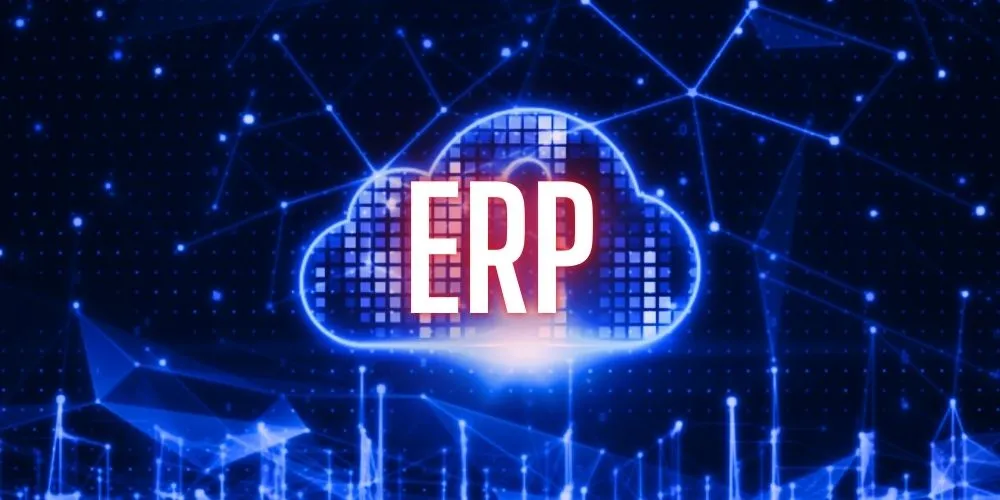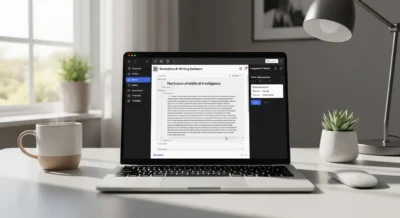The rise of Software-as-a-Service (SaaS) has transformed how businesses manage their operations, offering flexibility and scalability. However, traditional Enterprise Resource Planning (ERP) systems remain a cornerstone for many organizations. This opinion, backed by scientific data and market trends, explores whether ERP software is still necessary in the age of SaaS.
ERP Systems: A Foundational Framework
ERP systems provide an integrated framework for managing core business processes like finance, supply chain, and human resources. According to the Techgolly market research team, the global ERP software market will grow at a compound annual growth rate (CAGR) of 8% to 10% from 2024 to 2030. Many businesses still rely on ERP’s centralized data model to ensure consistency and accuracy across departments.
SaaS: A Disruptive Force in Business Software
SaaS solutions offer modularity, ease of deployment, and cost efficiency, challenging the dominance of traditional ERP systems. According to Gartner, 75% of enterprises will prioritize backup of software-as-a-service (SaaS) applications by 2028 as a critical requirement, compared to 15% in 2024. SaaS applications provide specialized functionalities that can often replace specific ERP modules, such as customer relationship management or inventory tracking.
Hybrid Models: Bridging ERP and SaaS
The growing trend of hybrid models integrates ERP systems with SaaS applications. This approach leverages ERP’s robust infrastructure while incorporating SaaS’s flexibility. For example, SAP and Oracle offer cloud-enabled ERP solutions that allow businesses to customize their systems. A study in the Journal of Cloud Computing (2022) highlighted that hybrid ERP-SaaS models significantly improve operational efficiency.
Challenges of Abandoning ERP
Despite SaaS’s appeal, abandoning ERP poses challenges. ERP systems provide a unified data environment critical for large enterprises. The lack of integration between multiple SaaS applications can lead to data silos and inefficiencies. Organizations can benefit from ERP’s structured compliance frameworks with complex regulatory requirements, such as healthcare and manufacturing.
ERP’s Evolution in the SaaS Era
ERP software is evolving to meet SaaS competition, adopting cloud-first architectures and AI-driven analytics. These innovations ensure ERP remains relevant by addressing scalability and usability issues. Panorama Consulting Group reports (2023) indicate that 53% of organizations with ERP software use cloud-based solutions rather than on-premises enterprise platforms., demonstrating their adaptation to modern business needs.
Conclusion
ERP software is necessary for many businesses, even as SaaS gains popularity. While SaaS offers modularity and cost efficiency, ERP systems provide a cohesive and reliable framework for complex operations. The future likely lies in hybrid models that combine ERP’s strength with SaaS’s flexibility, ensuring businesses can adapt to changing demands without compromising efficiency.













